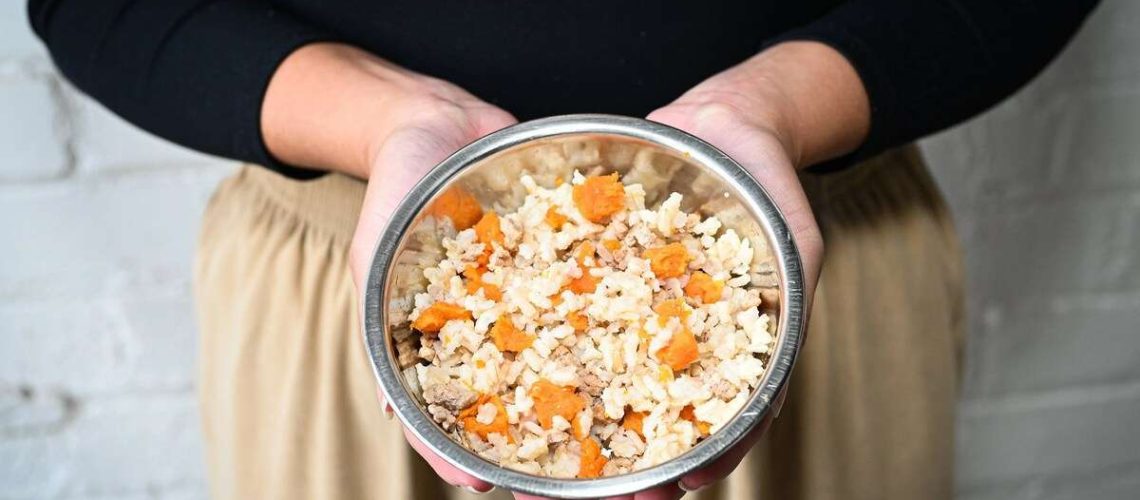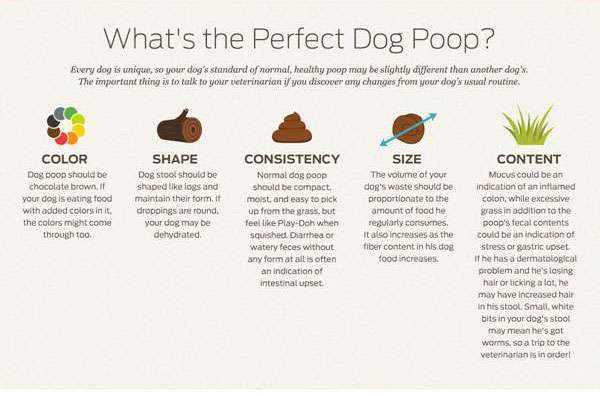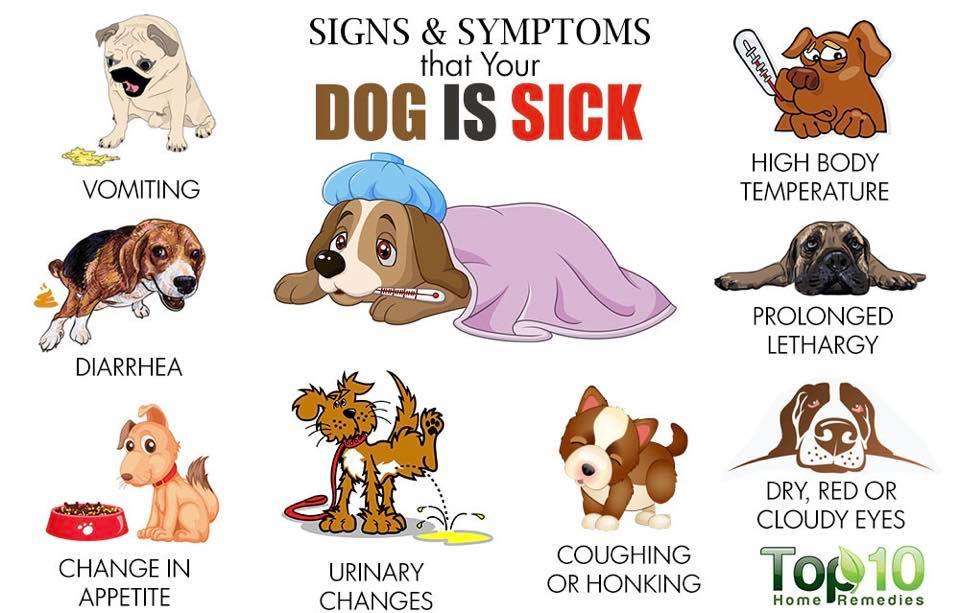Key Takeaways:
- Bland diets can be beneficial for dogs with digestive issues or those recovering from illness.
- A bland diet typically consists of easily digestible foods such as boiled chicken and rice.
- It is important to consult with a veterinarian before implementing a bland diet for your dog.
- Gradual transition is recommended when introducing a bland diet to avoid upsetting the dog's stomach.
- Bland diets should only be used as a short-term solution and not as a long-term feeding plan for dogs.
Are you a proud dog owner who wants to ensure your furry friend is living their best, healthiest life? Look no further! In this comprehensive guide, we will explore the world of bland diets for dogs and uncover the incredible benefits they can provide. Whether your pup is dealing with digestive issues or simply needs a little extra care, understanding the power of a bland diet is essential. With simple language suitable for any 7th grader, we will seamlessly dive into this topic and equip you with the knowledge to make informed decisions about your dog's nutrition. Did you know that over 60% of dogs experience digestive problems at some point in their lives? By the end of this guide, you'll be armed with practical strategies and expert advice to keep your furry companion happy and healthy. So let's embark on this journey together and unlock the secrets of bland diets for dogs!
What is a Bland Diet for Dogs and Why Do They Need It?
A bland diet for dogs is a type of special diet that consists of easily digestible foods that are gentle on the stomach. This diet is often recommended by veterinarians when a dog is experiencing digestive issues or an upset stomach. The purpose of a bland diet is to give the dog's digestive system a break and provide them with nourishment that won't further irritate their stomach.
Why do dogs need a bland diet?
Dogs may need a bland diet if they are experiencing gastrointestinal problems such as vomiting, diarrhea, or constipation. These issues can be caused by various factors like dietary indiscretion (eating something they shouldn't have), food allergies, infections, or even stress. A bland diet can help soothe their stomach, reduce inflammation, and provide easy-to-digest nutrients to support their recovery.
What does a bland diet consist of?
A typical bland diet for dogs includes simple ingredients that are low in fat and fiber. Some common ingredients include boiled chicken or turkey, white rice or pasta, boiled potatoes, and plain yogurt. These foods are easy for dogs to digest and unlikely to cause any further irritation to their already sensitive stomachs.
How a Bland Diet Helps Dogs with Digestive Issues or Upset Stomachs
A bland diet can work wonders for dogs with digestive issues or upset stomachs. Here's how it helps:
Eases digestion
When a dog has an upset stomach, their digestive system becomes sensitive and inflamed. A bland diet consisting of easily digestible foods like boiled chicken and rice provides the necessary nutrients without putting extra strain on the digestive system. The simplicity of the ingredients allows the dog's body to absorb nutrients more efficiently.
Soothes inflammation
Certain ingredients in a bland diet, such as plain yogurt, can help reduce inflammation in the gastrointestinal tract. This can help alleviate symptoms like diarrhea and abdominal discomfort. The gentle nature of the diet can also give the stomach time to heal and recover from any irritation or inflammation.
Restores balance
Digestive issues often disrupt the natural balance of bacteria in a dog's gut. A bland diet that includes probiotic-rich foods like plain yogurt can help restore this balance by introducing beneficial bacteria. These good bacteria aid in digestion and promote a healthy gut environment for the dog.
By providing easy-to-digest foods, reducing inflammation, and restoring balance, a bland diet can effectively support dogs with digestive issues or upset stomachs on their path to recovery.
Common Ingredients in a Bland Diet for Dogs
A bland diet for dogs typically consists of easily digestible ingredients that are gentle on the stomach. Some common ingredients include boiled chicken or turkey, white rice, and plain yogurt. These foods provide essential nutrients while being easy to digest. Boiled chicken or turkey is lean and provides protein, while white rice is a good source of carbohydrates. Plain yogurt contains probiotics that can help promote a healthy gut. It's important to note that these ingredients should be prepared without any seasonings or additives that could upset your dog's stomach further.
Boiled Chicken or Turkey
Boiled chicken or turkey is a staple in a bland diet for dogs. It is lean and provides high-quality protein, which is essential for muscle growth and repair. When preparing the chicken or turkey, make sure to remove the skin and any bones as they can be difficult for dogs to digest.
White Rice
White rice is another common ingredient in a bland diet for dogs. It is easily digestible and provides carbohydrates that can help settle an upset stomach. Cook the rice thoroughly and avoid adding any salt or seasonings.
Plain Yogurt
Plain yogurt contains beneficial bacteria known as probiotics, which can help improve digestion and promote a healthy gut. Make sure to choose yogurt without any added sugars or artificial sweeteners, as these can be harmful to dogs.
Foods to Avoid When Feeding a Dog a Bland Diet
While there are certain foods that are safe and beneficial for dogs on a bland diet, there are also foods that should be avoided as they can worsen digestive issues. Some foods to avoid when feeding a dog a bland diet include:
- Spicy foods: Spices like chili powder, garlic powder, or onion powder can irritate your dog's stomach and worsen digestive problems. It's best to avoid any spicy or heavily seasoned foods.
- Fatty foods: Foods high in fat, such as fried foods or fatty cuts of meat, can be difficult for dogs to digest and may lead to further stomach upset. Stick to lean proteins like boiled chicken or turkey.
- Dairy products: While plain yogurt is beneficial due to its probiotics, other dairy products like cheese or milk can be hard for dogs to digest, especially if they are lactose intolerant. Avoid giving your dog these dairy products.
How Long Should a Dog Stay on a Bland Diet and When Can Their Regular Food Be Reintroduced?
The duration of a dog's bland diet depends on the underlying reason for implementing it. In general, a bland diet is recommended for dogs with mild digestive issues like vomiting or diarrhea. It allows their stomachs to rest and recover. Typically, a dog should stay on a bland diet for about 24-48 hours until their symptoms improve.
Once the dog's symptoms have subsided and they are no longer experiencing digestive issues, you can gradually reintroduce their regular food. Start by mixing small amounts of their regular food with the bland diet, gradually increasing the proportion of regular food over several days until they are fully transitioned back to their normal diet.
Transitioning Back to Regular Food
When transitioning your dog back to their regular food, it's important to do it slowly to avoid upsetting their stomach again. Gradually increase the amount of regular food while decreasing the amount of bland diet in each meal over the course of several days. This gradual transition allows your dog's digestive system to adjust without causing any sudden changes that could lead to further digestive upset.
Monitoring Your Dog's Progress
While reintroducing your dog's regular food, closely monitor their stool consistency and overall well-being. If their symptoms return or worsen, it may be necessary to continue the bland diet for a longer period or consult with a veterinarian for further guidance.
Who Can Benefit from a Bland Diet for Dogs?
A bland diet can benefit dogs that are experiencing digestive issues such as vomiting, diarrhea, or upset stomach. It provides easily digestible ingredients that give the stomach a chance to rest and recover. Additionally, dogs with food sensitivities or allergies may also benefit from a bland diet as it eliminates potential triggers and allows their system to reset.
Dogs with Digestive Issues
Dogs suffering from digestive issues like vomiting or diarrhea can find relief through a bland diet. The gentle and easily digestible ingredients help soothe the stomach and promote normal bowel movements. It's important to note that if your dog's symptoms persist or worsen, it is recommended to consult with a veterinarian for proper diagnosis and treatment.
Dogs with Food Sensitivities or Allergies
Some dogs may have sensitivities or allergies to certain ingredients in their regular food. A bland diet can help identify these triggers by eliminating potential allergens and allowing the dog's system to reset. Once the symptoms improve on the bland diet, you can gradually reintroduce different ingredients one at a time to identify any specific triggers.
Potential Risks or Side Effects of Feeding Dogs a Bland Diet
While a bland diet is generally safe and beneficial for dogs with mild digestive issues, there are some potential risks and side effects to be aware of.
Nutritional Imbalance
A long-term bland diet may lack certain essential nutrients that are necessary for your dog's overall health. It is important to ensure that your dog receives a balanced diet by gradually reintroducing their regular food after the appropriate duration of the bland diet. If you have concerns about your dog's nutritional needs, consult with a veterinarian for guidance.
Underlying Medical Conditions
If your dog's digestive issues persist or worsen despite being on a bland diet, it could be an indication of an underlying medical condition that requires veterinary attention. It is important to monitor your dog's symptoms and consult with a veterinarian if there are any concerns.
Transitioning Back to Regular Food
When transitioning your dog back to their regular food, it is crucial to do it gradually to avoid causing further digestive upset. Sudden changes in diet can lead to vomiting, diarrhea, or other gastrointestinal issues. Follow the recommended transition guidelines and closely monitor your dog's response during the process.
In conclusion, a bland diet can be beneficial for dogs experiencing mild digestive issues or food sensitivities. It consists of easily digestible ingredients like boiled chicken or turkey, white rice, and plain yogurt. However, it is important to avoid spicy foods, fatty foods, and certain dairy products when feeding a dog a bland diet. The duration of the bland diet depends on the improvement of symptoms, and reintroducing regular food should be done gradually over several days. While generally safe, there are potential risks such as nutritional imbalance and underlying medical conditions that should be considered. By following proper guidelines and monitoring your dog's progress, you can help them recover and maintain a healthy digestive system.
In conclusion, bland diets can be beneficial for dogs with digestive issues or after an illness. It is important to consult with a veterinarian and follow their recommendations to ensure the dog's health and well-being.
What is included in a bland diet for dogs?
Simple Homemade Recipe: The typical plain diet involves combining 75% boiled white rice with 25% boiled skinless and boneless chicken breast or lean ground beef (preferably sirloin). These homemade plain diets can be prepared in advance and kept in the fridge for up to 48 hours. You can slightly heat each meal before serving.
How long should you do a bland diet for dogs?
It is recommended to feed your pet a bland diet for 2-3 days after they have stopped vomiting and their stool has returned to normal. Once their condition stabilizes, you can gradually introduce their regular food by mixing it with the bland diet, starting with a 50/50 ratio.
How many cups of bland diet should I feed my dog?
The recommended daily amount of food for dogs is about 1/2 cup for every 10 pounds of body weight. So, a 10-pound dog would need 1/2 cup of food for the entire day, while a 50-pound dog would need a total of 2 1/2 cups of food per day, split into multiple smaller meals.
Are eggs OK for bland diet for dogs?
Can dogs eat scrambled eggs as a bland food option? Yes, scrambled eggs are a suitable choice for bland dog food as long as they are plain and not cooked with butter or other dairy products. The addition of extra ingredients can exacerbate digestive issues.
What is the best bland food for dogs?
A bland diet is made up of easily digestible foods that are gentle on the digestive system and have ingredients that promote the formation of firm stools. For dogs, this typically includes boiled lean meats like chicken, hamburger, or turkey, along with a starch such as cooked white rice or sweet potato.
Are boiled eggs considered bland food for dogs?
If eggs are used as a temporary diet for dogs, they are considered bland. However, they should not include seasonings, cooking fats, or any other additional ingredients.

















